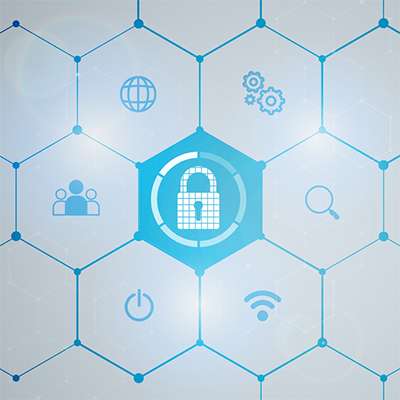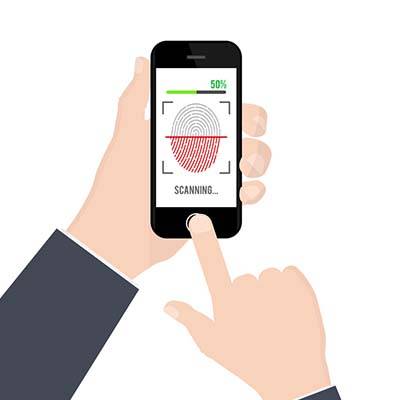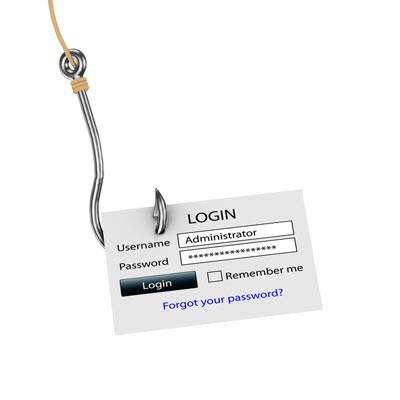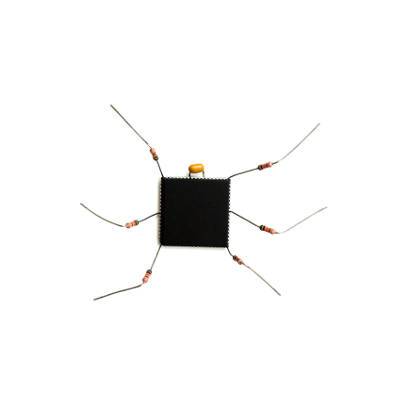Cryptocurrencies are one of the most popular uses of blockchain technology; although their values seem to have decreased a little since the volatile growth they experienced a few months ago, that has not stopped people from seeking them out. Naturally, where there’s money to be made, there's going to be cybercriminals nearby.
Macro Systems Blog
It’s not difficult to overlook the importance of network security if you run a small business; you may think your operation is too small to be the target of malicious attacks. Unfortunately, this dismissive attitude can put your business at risk, as even a simple security problem could be enough to expose you to dangerous entities. To be blunt, we would call it foolish not to secure your business; and one of the most infamous security failings in history originated from this kind of carelessness.
Modern business relies very heavily on IT. As a result, to keep their computing network and infrastructure running efficiently, they need to have a network and cybersecurity policy established. With the development and use of organizational computer networks with multiple endpoints, comprehending the basics of network security is helpful when implementing and employing network security systems. Let's review aspects of your network, their functions, and what you need to do to protect them.
As smartphones have grown smarter, they have become stuffed with more data that needs to be kept private for the owner’s security and safety. Thus, it's fortunate that there are also more ways to protect a smartphone against unauthorized use. Below let's look at some of the best types of authentication for your mobile device.
There will probably be a moment during your life where you absolutely require Wi-Fi and the only option will be a public connection. This may be problematic because a public Wi-Fi connection is far from secure for business purposes. A method to increase productivity without compromising security is needed for every business that has employees (especially employees working remotely), but what’s the best way to do it?
Does your organization need an antivirus solution to prevent threats from accessing your network? It’s a simple question with a simple answer, but some businesses still don’t realize the importance of having antivirus software on their computers. They might think they are immune, but cybercriminals know better; it’s glaringly obvious in the face of a data loss incident that hindsight is 20/20.
Cybercriminals are constantly looking for new and creative methods to steal data and information from businesses. While spam has been around for a while, phishing emails have increased in popularity because they are more effective at achieving the desired endgame. How can you ensure that phishing scams don’t harm your business in the future?
Passwords are unavoidable these days, whether they’re required to access an online account, or access the devices utilized to open these accounts. While both types of passwords can make for ideal security conditions, this is only the case if the passwords are strong; if your passwords can be accurately guessed by someone else, can you really label it as a security measure? New research from SplashData reveal that passwords are not being considered as much as they should be.
As vital as the security solutions that keep a network safe are, they can be rendered futile if a cybercriminal is skilled in social engineering. Social engineering involves utilizing manipulation to gain access to protected resources. If your company and its team are vulnerable to a social engineering attack, your data security strategy is lacking an important piece.
With businesses these days relying significantly more on mobile devices, they have to be sure that the utilization of these devices doesn’t add security issues for the business. In lieu of the prominent role smartphones play in this modern business era, it is imperative that you find out how to protect your business. Below are a few ideas on "how to lock it up or lose it."
Tech support has one job: to help you with tech-related problems. Unless it's fraudulent tech support, that is. Many criminals will pretend to be a support tech to gain a target’s trust, with the intention to cause them serious problems. To keep your business safe, make sure that you are able to spot the warning signs of tech support fraud.
The Internet of Things is somewhat familiar to the world now. IoT devices are in your homes, in your offices, and in your pockets. While these devices are very helpful, they also add to some significant security hazards. Let's review some of the ways to limit these risks while still leveraging the IoT.
Connectivity is one of the biggest advantages of mobile technology, but some developments have taken this aspect to wild heights. The Internet of Things is making companies rethink the conventions of connectivity in ways which had not been necessary. Unsurprisingly, the Internet of Things is forcing business owners and others to remain skeptical of connected technology to a certain degree, and a survey from Cisco highlights this trend.
Just a few months after the firmware in their computer chips was revealed to be significantly flawed, Intel’s flagship product has yet again resulted in negative attention to the company. While the issue now has a fix, there was the possibility that a solution could reduce the functionality of the CPU.























